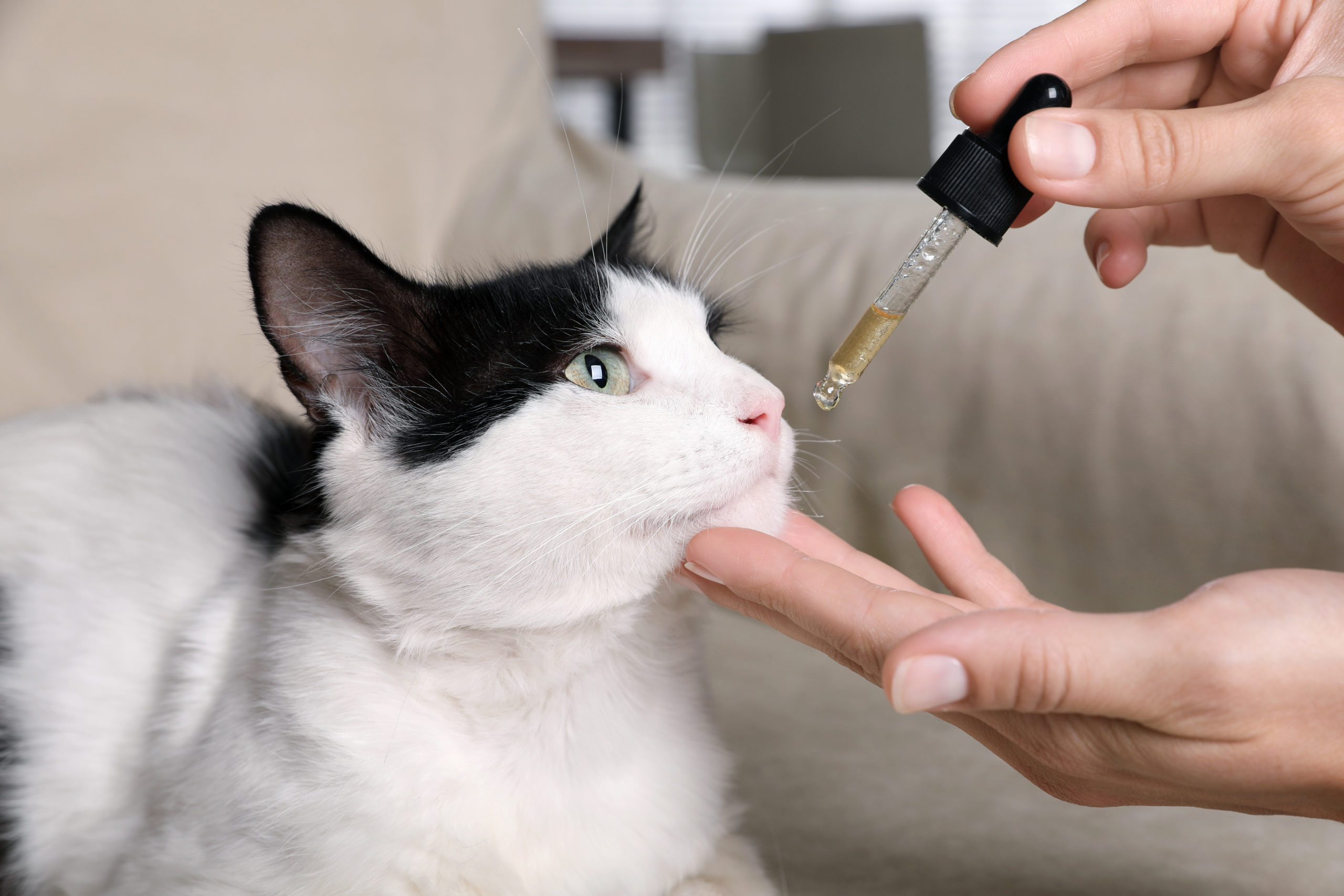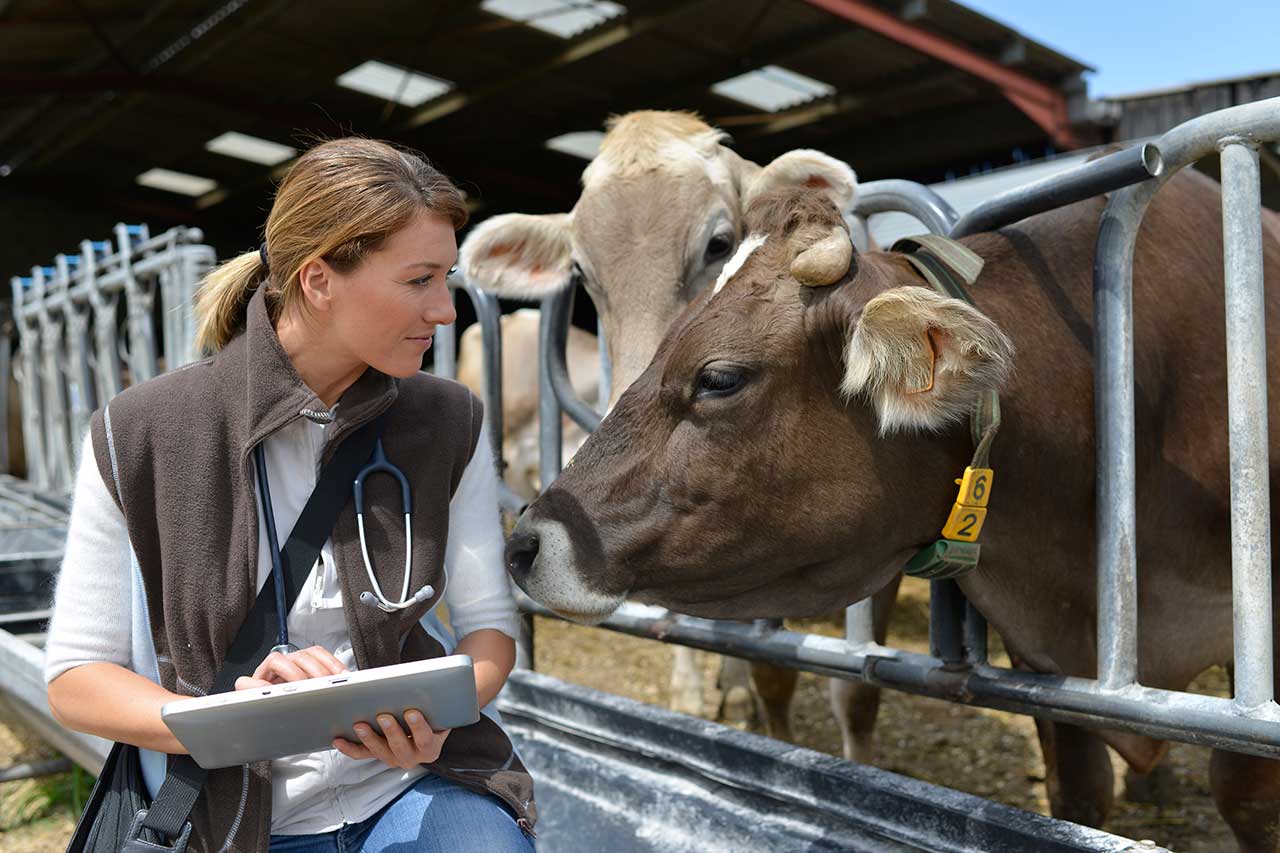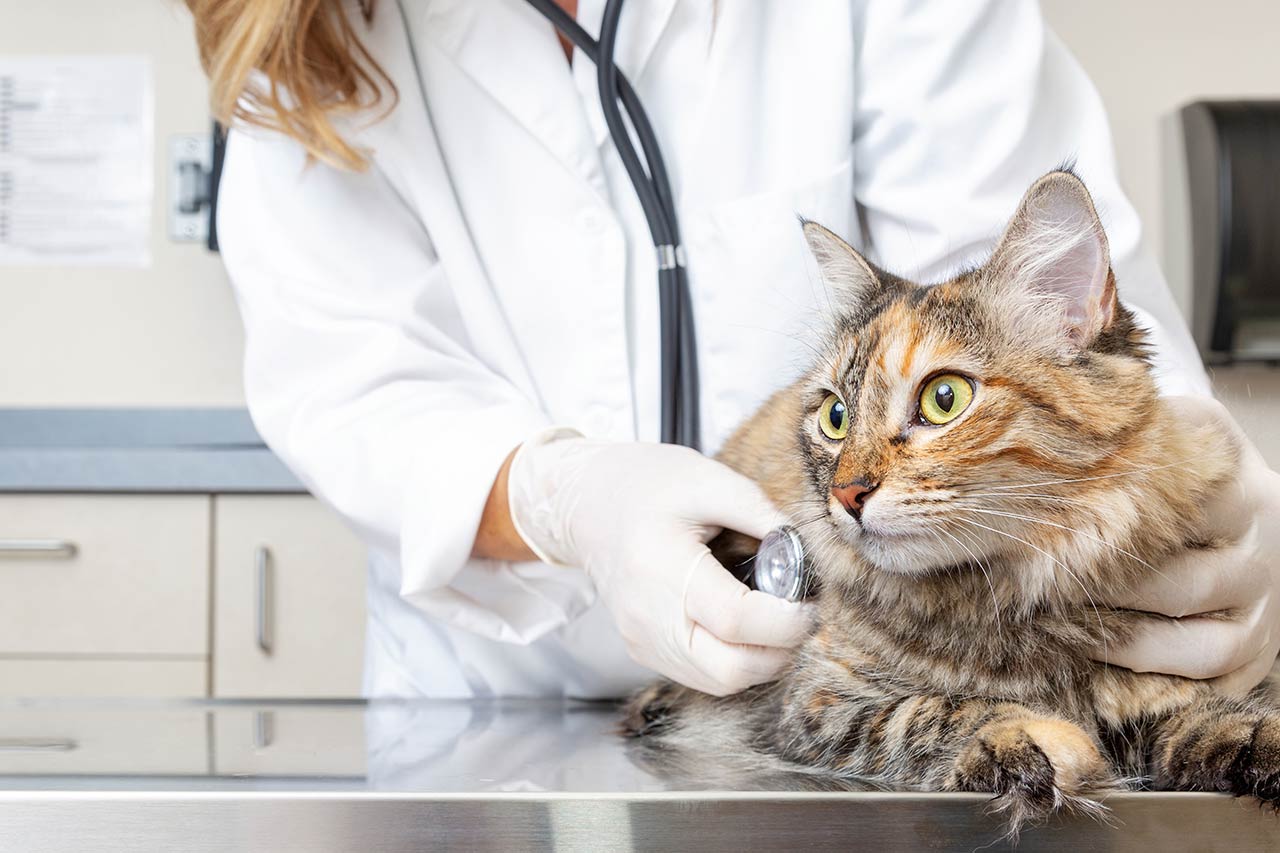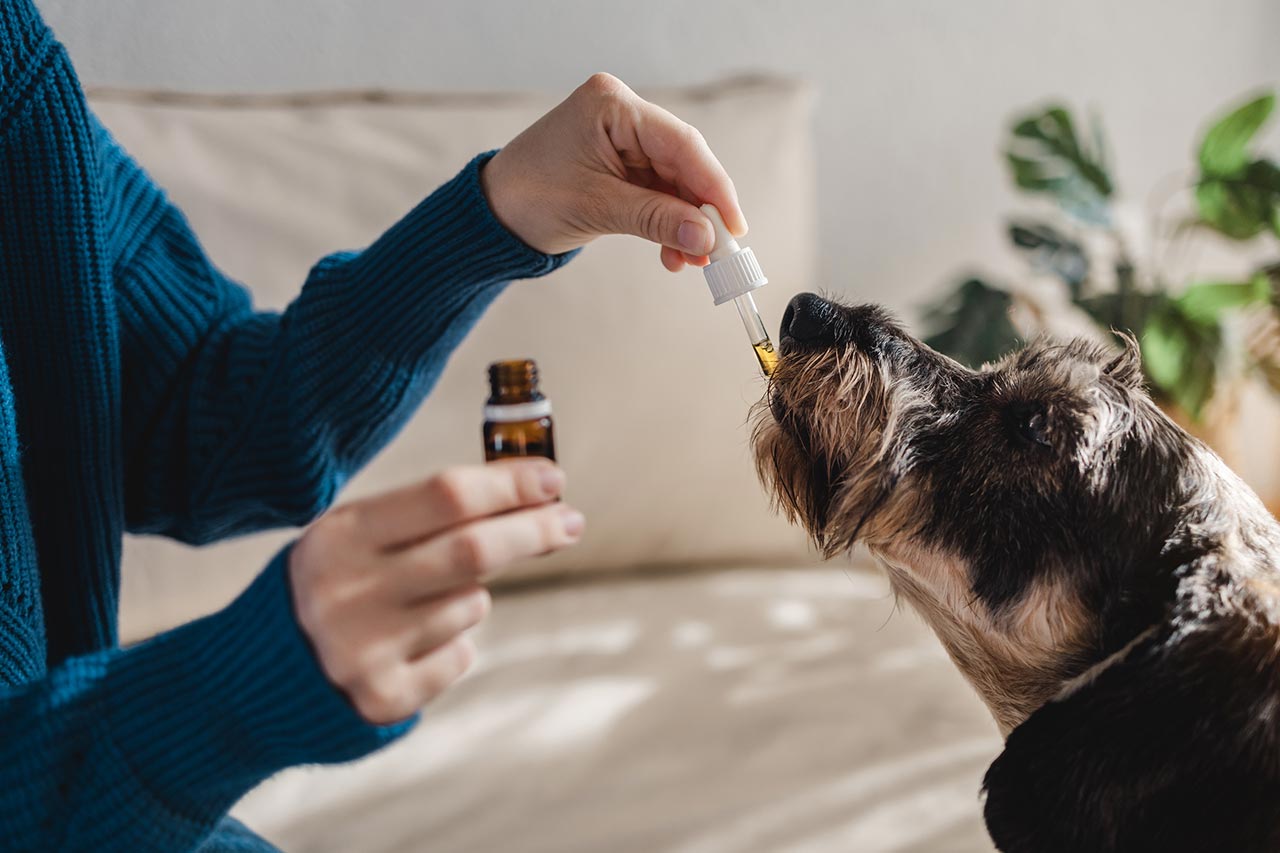Regulation (EU) 2019/6: an evolution of the regulatory framework for the sale of veterinary medicinal products online
The online sale of veterinary medicines is regulated by Regulation (EU) 2019/6, which came into force on January 28, 2022. This regulation authorizes the online sale of non-prescription medicines for all actors authorized to deliver veterinary medicines. Each country may also decide to authorize the online sale of prescription-only medicines. At the same time, it must set up a website with a list of authorized retailers and information on the common logo that identifies them.
For the moment, France has chosen not to open the online sale of veterinary drugs subject to a prescription. Thus, the current situation can be described as follows:
- The sale of medicines is 80% dominated by veterinarians, with the remainder held by groups of approved breeders and pharmacies. It accounts for a significant portion of veterinarians’ sales, ranging from 25% in urban areas to over 75% in rural areas.
- Veterinary drugs subject to a prescription can only be dispensed in pharmacies and by the three previous actors, called “right holders”. On the other hand, non-prescription drugs can be sold online and, for some, through pet stores.
- Other pet products (food, hygiene, accessories, etc.) are mainly sold by pet stores, in stores or online. However, veterinarians offer premium lines of these veterinary products for 15-20% of their sales.
A change in purchasing behavior for veterinary products
In the animal health market, the last ten years have seen the meteoric rise of online sales of pet products: to take just one example from the segments mentioned above, online sales of pet food have increased 15-fold in value since 2010.
The COVID-19 pandemic and various containments have further reinforced this growth via strong consumer demand and have also accelerated a shift in consumer habits, especially regarding the sale of non-pharmaceutical veterinary products. For example, veterinarians prefer the click&collect model to build customer loyalty, while pet stores often opt for home delivery. While click&collect is popular with customers, home delivery is still preferred for many veterinary products, including pet food, which is often sold in large volumes.
Opportunities for players in the veterinary products market
These changes in the regulation of online sales of veterinary drugs and in the buying behavior of pet products have created opportunities for certain players in the animal health industry: veterinary clinic groups and wholesale distributors.
Clinic groups can support veterinarians in the development of their IT tools for management and customer care, but also for their online sales sites, for example by creating group-level platforms. Thanks to their extensive network and negotiating power, they can identify suppliers of non-pharmaceutical veterinary products with a highly differentiated positioning and enter into advantageous partnerships with them. One example is the Almo Nature brand, which offers a premium range of pet food.
Wholesale distributors of pet products can also support veterinarians for their individual or shared IT tools and online sales sites. For example, Alcyon offers numerous IT support services for its customers. Wholesale distributors can also assist vets in “last mile logistics” through partnerships with specialized home delivery players. These opportunities are particularly interesting, as they can be a differentiating factor in a highly concentrated French market with few international growth prospects.
Some groups of veterinary clinics and wholesale distributors of animal products have already positioned themselves on these new service offers. The challenge for their competitors is to follow this dynamic in order to maintain their position on the market. You are a group of veterinary clinics and you want to redefine your service offer? You are a wholesale distributor and you are looking for differentiation factors? The team specialized in animal health is ready to accompany you on these subjects and more generally on all your projects related to animal health.
About the author,
Thibault, Consultant in Alcimed’s Health team in France



